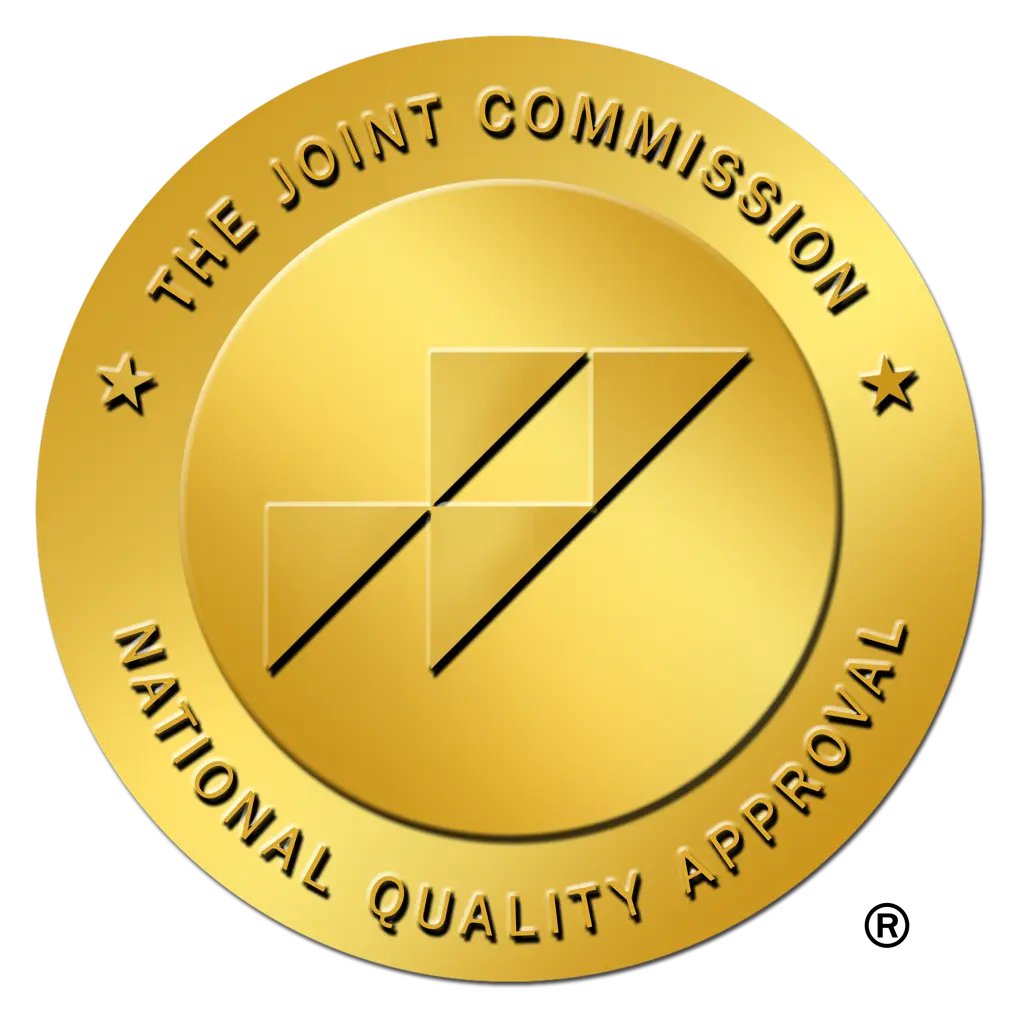Effective Bipolar Disorder Treatment in La Mesa, California

Understanding Bipolar Disorder Treatment in La Mesa, CA
Bipolar disorder, formerly known as manic-depressive illness, is a serious mental health condition that causes extreme fluctuations in mood, energy, activity levels, concentration, and the ability to perform routine tasks. These shifts in mood can range from periods of elation, heightened energy, and reduced need for sleep (mania or hypomania) to periods of deep sadness, hopelessness, and decreased energy (depression). The exact cause of bipolar disorder remains a subject of ongoing research, with findings indicating a complex interplay of genetic, environmental, and neurological factors. While the condition presents a series of challenges, it’s important to underscore that a bipolar disorder diagnosis doesn’t mean a life sentence of suffering. With an accurate bipolar disorder treatment in La Mesa Mental Health Center, an accurate diagnosis, effective treatment plan, and supportive care, people with bipolar disorder can lead satisfying and productive lives.
Early Symptoms of Bipolar Disorder
Bipolar disorder presents a complex array of symptoms that oscillate between two extremes: manic or hypomanic episodes and depressive episodes. These shifts in mood, energy, and activity levels can differ greatly in severity and duration from person to person. The cycles of bipolar disorder — from energy-filled mania to the depths of depression – can be quite unpredictable and disruptive to daily life.
Manic or Hypomanic Episodes
Manic episodes, a defining feature of bipolar disorder, are periods characterized by a persistently elevated, expansive, or irritable mood. These episodes can last a week or longer and are accompanied by excessive energy or restlessness, reduced need for sleep, and hyperactivity. Individuals may exhibit an inflated sense of self-esteem or grandiosity, believing they possess extraordinary abilities or powers. They may also engage in talkativeness or pressured speech, which often results in rapid, loud, and incessant talking, sometimes with abrupt changes in topics. Racing thoughts are a common experience, making the person’s mind feel like it’s in overdrive.
During manic episodes, individuals with bipolar disorder may display increased involvement in goal-directed activities or pleasurable activities, which often have a high potential for painful consequences. This can lead to impulsive decisions and reckless behaviors such as excessive spending, unwise business ventures, or risky sexual behavior. While manic episodes can initially seem exhilarating, they often spiral out of control, leading to confusion, agitation, and potential self-harm.
Hypomanic episodes are similar to manic episodes but are less severe. They may not result in the level of dysfunction that manic episodes often cause and may not require hospitalization. However, people in a hypomanic state may still exhibit noticeable changes in behavior and mood.
Depressive Episodes
Depressive episodes associated with bipolar disorder are periods of intense sadness, despair, or hopelessness that can last for two weeks or more. Individuals may experience a pervasive feeling of sadness or emptiness that can be so overwhelming, it crowds out other emotions. Loss of interest or pleasure in all or nearly all activities is a common symptom during depressive episodes.
Sleep disturbances are frequent, with some individuals oversleeping while others struggle with insomnia. Significant weight loss or gain can occur due to changes in appetite or eating habits. Individuals may feel persistently tired or lack energy, finding even simple tasks exhausting. Difficulty concentrating or making decisions can impair their ability to work or study. Feelings of worthlessness or excessive or inappropriate guilt might pervade their thoughts.
In severe cases, depressive episodes can also bring about recurrent thoughts of death, suicidal ideation, or actual suicide attempts. It’s important to note that these symptoms are not reflective of personal weakness or character flaws. They are a manifestation of a serious mental health condition that necessitates professional help.
Mixed Episodes
Some people with bipolar disorder may experience mixed episodes or states, which involve symptoms of both mania/hypomania and depression. For example, a person might feel incredibly sad and hopeless but also have boundless energy. These mixed states can be particularly dangerous, as the risk of suicide is high due to the combination of depressive feelings of despair and the energy associated with mania.
It’s crucial to remember that bipolar disorder can look very different in different people. The types and severity of symptoms can vary greatly, as can the patterns of mood episodes. While some people may experience several episodes in a year, others may only experience a few in their lifetime. Bipolar disorder requires a medical diagnosis, which should be carried out by a trained healthcare professional. If you or a loved one are experiencing symptoms of bipolar disorder, seek help immediately from a mental health professional. Early intervention can significantly improve the course of the disorder.
Diagnosing Bipolar Disorder in La Mesa, CA
Diagnosing bipolar disorder is a nuanced process that requires careful assessment and consideration. At Alter Mental Health, we adopt a comprehensive and methodical approach to ensure an accurate diagnosis. The journey begins with an in-depth psychiatric evaluation, where our clinicians engage in extensive conversations with the individual to better understand their experiences, feelings, thoughts, and behaviors. The evaluation is designed to assess the nature, severity, and duration of symptoms, as well as the impact of these symptoms on the person’s overall functioning.
In parallel, a detailed analysis of the individual’s medical and family history is conducted. This examination helps us understand any physical health issues, mental health conditions, or genetic factors that might influence the presentation of bipolar disorder. We follow a biopsychosocial approach to mental health program, considering a multitude of factors spanning biological, psychological, and social domains. This method enables us to identify any comorbid conditions that could be influencing or mimicking symptoms of bipolar disorder.
Following the psychiatric evaluation and medical history review, we may perform a physical examination and order various laboratory tests to rule out other potential causes of the symptoms. These tests might include imaging studies like MRI or CT scans to look for any structural brain abnormalities or blood tests to rule out conditions like hyperthyroidism that can present with symptoms similar to bipolar disorder.
In certain cases, with the consent of the individual, we might seek additional information from family members or close friends. These insights can help create a more complete picture of the individual’s behavior, particularly when the person’s ability to self-report may be influenced by the symptoms of bipolar disorder. Our adherence to the diagnostic criteria outlined in the DSM-5, coupled with the information gleaned from various sources, helps us confirm a diagnosis of bipolar disorder.
Effective Bipolar Disorder Treatment Options in La Mesa, CA
At Alter Mental Health, we recognize that effective treatment for bipolar disorder must be as unique as the individuals we serve. We offer an array of treatment options designed to meet the specific needs, goals, and preferences of each person. Generally, treatment for bipolar disorder entails a combination of medication management and psychotherapy. Moreover, we understand the importance of education about the disorder and the value of supportive networks, and so include psychoeducation and support groups in our treatment approaches.
Cognitive Behavior Therapy (CBT)
CBT is a form of psychotherapy that has proven to be highly effective in managing bipolar disorder. It focuses on helping individuals identify negative or inaccurate thought patterns and behaviors, replacing them with healthier and more effective ones. CBT also helps individuals develop effective coping strategies to manage stress, address triggers, and prevent relapses.
Dialectical Behavior Therapy (DBT)
DBT, a type of cognitive-behavioral therapy, is especially useful in managing overwhelming emotions and improving interpersonal relationships for individuals with bipolar disorder. It’s particularly beneficial in managing self-harm behaviors and suicidal ideation, often associated with severe symptoms of the disorder.
Solution Focused Therapy (SFT)
SFT is a therapeutic approach that helps individuals with bipolar disorder concentrate on solutions to their problems, rather than the problems themselves. By helping individuals envision a desired future and equipping them with the necessary skills and strategies, SFT assists in setting the course for meaningful change.
Motivational Interviewing (MI)
MI is a counseling method that helps individuals find the internal motivation necessary to bring about behavioral change. It is particularly useful for those struggling with medication adherence or lifestyle changes that can significantly improve the management of bipolar disorder.
Psychoeducational and Process Groups
Psychoeducational and process groups play a vital role in the management of bipolar disorder. These groups provide individuals with education about the disorder, its management, and its impact on various aspects of life. They offer a supportive environment where individuals can share their experiences and learn from the experiences of others grappling with similar challenges.
Holistic Practices
At Alter Mental Health, we also value the role of complementary and holistic therapies. Practices like mindfulness, yoga, and meditation can help individuals manage stress, improve mental well-being, and even enhance the effectiveness of traditional treatment approaches.
Why Choose Alter Mental Health for Bipolar Disorder Treatment in La Mesa, California
In the realm of bipolar disorder treatment, Alter Mental Health in La Mesa, California, sets a high standard through its unyielding commitment to delivering personalized, high-quality care. Our seasoned mental health professionals employ their vast knowledge and skills to offer a blend of evidence-based treatments alongside innovative, holistic approaches to ensure the best possible outcomes for our clients. At Alter Mental Health, we view our role as not just treating a disorder, but caring for an individual with their unique needs, challenges, and aspirations. We foster an environment of empathy, dignity, and respect, where each individual’s journey toward wellness is deeply valued and supported. For more information, please reach out to our dedicated team by calling 657-218-5095 today. Your journey towards better mental health begins with us.
